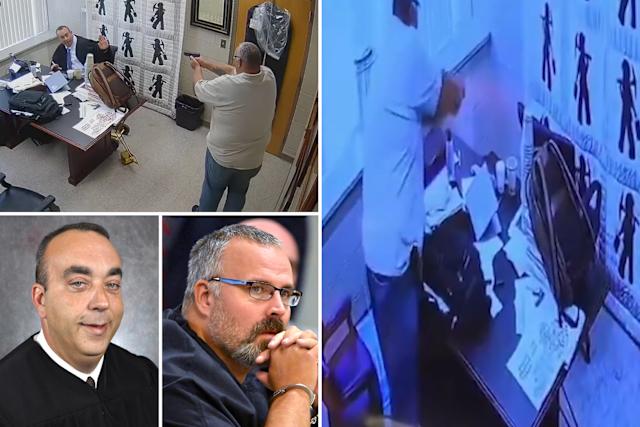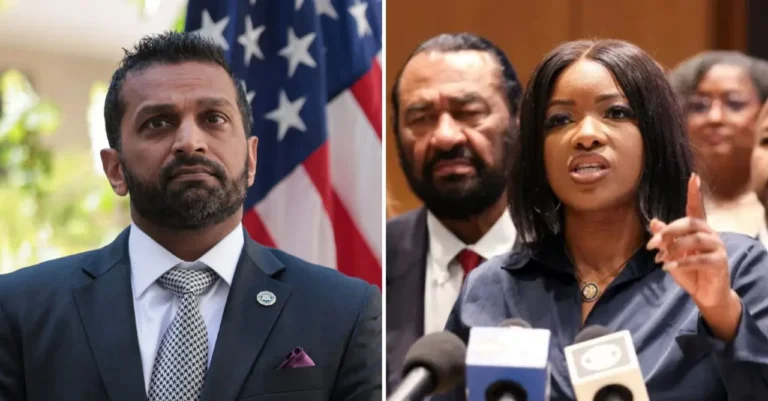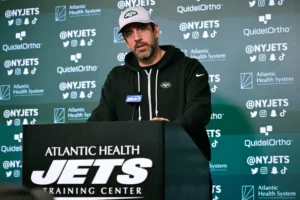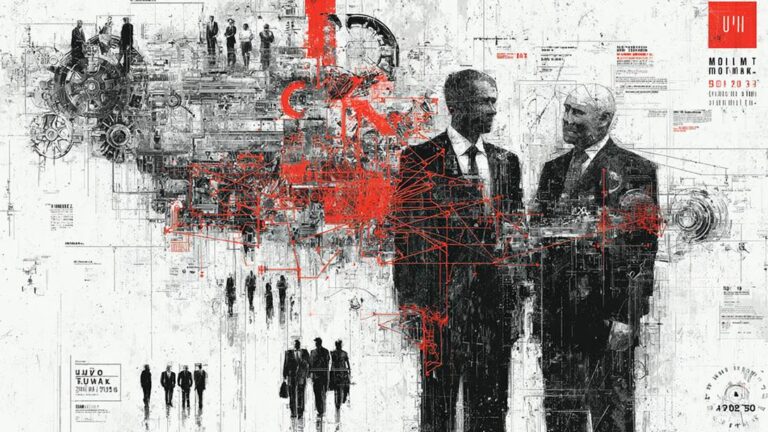Two blocks from Jeff Sessions’ Senate office stands an unassuming red townhouse where he rubs shoulders with lobbyists and Washington power players, outside of public view.
If there is a physical embodiment of the lobbying and influence peddling that Donald Trump has railed against, the 116 Club might be it.
The private club’s roster is a closely guarded secret, but Sessions’ membership is evident from $25 monthly dues payments listed on his most recent campaign filings.
It highlights for Sessions, an Alabama senator since 1997, his status as a Washington insider who is likely to cruise to confirmation as attorney general despite complaints from Democrats and civil rights leaders.
The 116 Club is not as well-known as the Republican-only Capitol Hill Club or the public restaurants like Charlie Palmer Steak and, until recently, Johnny’s Half Shell where Washington players conduct a good deal of their business. But that’s part of the appeal.
“It’s a ‘Cheers’ kind of atmosphere,” said Floyd Williams, chairman of the club’s board and a senior tax counsel at Public Strategies Washington. “You know the people, you know the food’s going to be good. Nothing changes there.”
Lately, the dining room has been buzzing with talk of Trump’s agenda, especially the prospects for overhauling the tax code, Williams said.
“Everybody who goes there has some connection to government or the Hill or policy or pub affairs,” he said. Still, he added, “I don’t really see it as ‘the swamp,’” referring to Trump’s promise to fix Washington by “draining the swamp.”
The nonprofit club’s board is a who’s who of top lobbyists, industry group leaders and congressional staffers. According to its most recent tax filing, it includes Peggy Renken Hudson, the Direct Marketing Association’s senior vice president of government affairs;
Dan Tate of the lobbying firm Forbes Tate Partners; Joseph H. Kimmitt, executive vice president of government operations and industry relations at Oshkosh Corp.; in-house Nike lobbyist Jesse McCollum; lobbyists Robert Schramm, Ray Bragg and Amy R. Hammer;
CLICK HERE TO READ MORE FROM THE REPUBLICAN VOICE
Robert Holifield, co-founder and managing principal of Lincoln Policy Group; lawyer William Oldaker; and Neil Chatterjee, policy adviser for Senate Majority Leader Mitch McConnell.
Campaign finance filings also show dues payments from former Reps. Ed Whitfield (R-Ky., now a lobbyist), Spencer Bachus (R-Ala.), Marion Berry (D-Ark.), Ray LaHood (R-Ill.) and Ellen Tauscher (D-Calif.).
Other lawmakers, including Sen. Patty Murray (D-Wash.) and former Sen. David Vitter (R-La.), have hosted events at the club, according to Federal Election Commission records.
Former congressman Dan Rostenkowski lunched there shortly before his 17-month prison sentence for mail fraud, T he Washington Post reported in 1996.
Federal election rules prohibit paying club dues out of campaign accounts unless the membership is tied to a specific fundraiser or part of the official’s job. That wouldn’t cover a posh gym, but a lunch club close to the Capitol is OK, according to Craig Engle, a Republican campaign finance lawyer.
The 116 Club, however exclusive, is not fancy. One member, who requested anonymity because members aren’t supposed to discuss the club with the press, described the décor as “early American attic.”
But it is reputed to have the city’s best crab cakes. Besides the signature dish, the menu changes daily, with emphasis on Southern staples like catfish and black-eyed peas, Williams said.
Williams said Sessions is not a regular but that he has seen the senator there a handful of times over several years.
Sessions’ decades in the Senate look likely to smooth his path to confirmation despite allegations of racism that bucked his 1986 judicial nomination.
Democrats have said Sessions won’t avoid tough questions just because he’s a colleague, but quick endorsements from moderate Judiciary Committee moderates like Jeff Flake (R-Ariz.), Joe Manchin (D-W.Va.) and Susan Collins (R-Maine) all but ensure his success.
Still, the transition team is mounting a public-relations campaign to support Sessions’ nomination, including spending more than $100,000 on D.C.-area digital ads and rounding up praise from black leaders.
Though Sessions is undeniably a creature of Washington, his hard-line views on immigration, which had long made him an outlier in the Senate, also made him the chamber’s earliest Trump backer.
“Sen. Sessions has served the state of Alabama in public life for nearly four decades and has been outspoken about his principles along the way, which is why he was one of the earliest endorsers of President-elect Trump,” said Sarah Isgur Flores, a Republican strategist who is working on guiding Sessions through the confirmation process.
“He might be the last person anyone would accuse him of being too cozy with the Washington establishment.”
Joining the 116 Club requires the recommendation of two members and approval by the board. Locals pay $1,500 to join and $60 a month, while government employees pay $100 upfront and $25 monthly, according to Stacy Paleologos, the club’s manager.
Her late father, John, used to manage the club and owned Washington restaurants Carrigan’s, the Robin Hood and the Assembly.
The club, at 234 Third St. NE, takes its name from its original location — through a hidden metal gate, up the stairs, past six row houses to 116 Schott’s Ct. — now the Hart Senate Office Building. It descended from the Quorum Club, founded by Bobby G. Baker, an LBJ protégé who went to prison in an influence peddling case.
“It’s the sort of club where people in high places can be comfortable without feeling that they’re in a fishbowl,” an unnamed club member told t T he New York Times in 1974. “The membership is the innermost of the ‘in’ group.”
CLICK HERE TO READ MORE FROM THE REPUBLICAN VOICE
“Much of the major Congressional legislation affecting billions and billions of dollars is either written or influenced there,” said another in that article. “But you’ll never see in The New York Times or The Washington Post that Senator Smith had lunch with Lobbyist Jones at the 116 Club.”
source: politico.com/story/jeff-sessions-private-club-lobbyists























